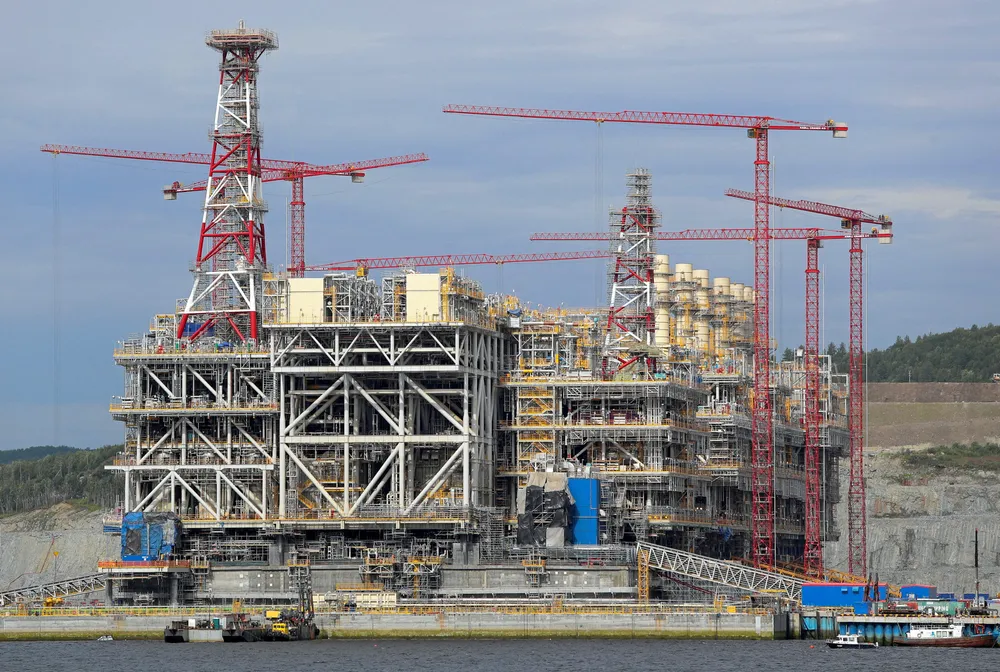Russian government ignores plea to bankroll LNG projects
Kremlin faces possible breakdown in supplies of international equipment to Novatek-led LNG projects as a result of war-related sanctions against Russia

Kremlin faces possible breakdown in supplies of international equipment to Novatek-led LNG projects as a result of war-related sanctions against Russia
